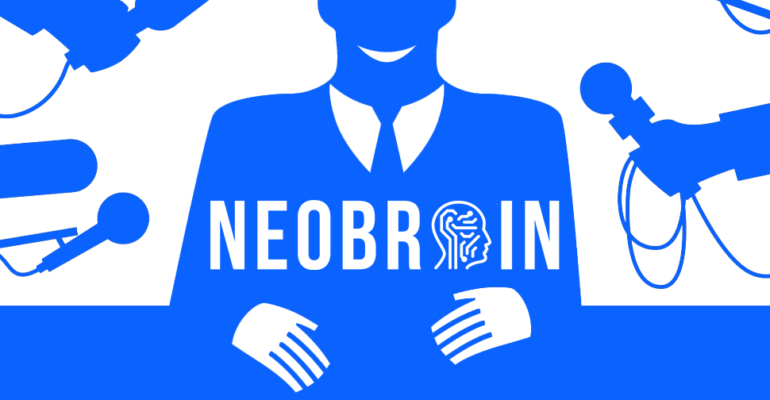Alain is HR R&D Manager at Neobrain
Neobrain
"Alain hello. It's December 2019 and it's almost time for Professional Interviews (PI). Can you answer any questions our clients have about it?"
FRAMEWORK OF THE LAW
Alain
“Of course!
The professional interview is a compulsory interview that was set up by the national interprofessional agreement of 5/12/2003 which has been subject to various adjustments. According to this agreement, employees who have been with the company for two years are entitled to an interview that allows them to assess their skills (their professional abilities) and their training needs.
In concrete terms, the interview defines the employee's career plan and the means to achieve it.
N:
“All right, now, what are the specifics of this interview compared to other annual interviews?”
A:
“So, the particularity of this interview is that the employer must organize a real follow-up of the development of skills employees. Thus, as soon as the employee is hired, he or she is informed that he or she will benefit from a PE every two years. Moreover, a PE is systematically proposed at the end of a long period of absence from the company. For example, at the end of a maternity leave, a parental leave, a long illness or at the end of a trade union mandate”.
N:
“And PE every two years is still mandatory?”
A:
“Yes, absolutely. The PE remains a mandatory interview. Moreover, at the end of the 6 years following this reform, the PE will be used to assess the employee’s career path and his access to training. During the interview, the employer will have to make sure that the employee has benefited from the PE every two years and, on the other hand, he will have to review with the employee 3 topics:
– the training actions followed
– the acquisition of certification elements, via professional training or VAE
– the possible salary or professional evolutions”.
N:
“You talk about incentive but, how is the employer going to feel compelled to structure PE more?”
A:
“So it is especially companies of more than 50 employees that are encouraged to take this path because for these companies if the employee has not benefited from the planned EP and at least 2 of the measures I have just mentioned, namely:
1) training actions;
2) acquisition of elements of certification, via vocational training or VAE;
3) possible salary or professional developments;
Then the personal training account (CPF) of the employee will be abounded in additional hours. Thus, the employee will be entitled to 100 additional hours and the employer will have to pay a fixed financial contribution to the OPCA (3000€ for a full-time employee and 3900€ for a part-time employee)”.
N:
“Thank you Alain. … What implications now for HR departments and small businesses. That’s what we’re going to see in the “In the Business” section.”
IN THE COMPANY
Neobrain
"Alain, how will HR departments adapt to the reorganization of and professional interview."
Alain
“First, it is necessary to identify the priority people who have not benefited from PE for at least 2 years. Then, HR departments must acquiremanagement tools, or update those currently in place in the company, to be able to draw up, at the end of the 6 years following March 7, 2014, the assessment of the career path and professional development desired by the person, as well as the means in terms of training, mobility or development of skills.”
N:
“So this reform requires HR departments to summarize all of these interviews, will they have to follow a particular formalism?”
A:
“Indeed, the formalization is important since it will constitute a means for the employer to justify that he has fulfilled his obligation towards the employees. On the other hand, in the current state of the texts, no particular formalism is imposed on the employer…
I just add a precision concerning the employee who will have the possibility of integrating the various elements relating to his PE in his “Orientation and Training ” passport (document set up since 2004) “
N:
“Employee initiated?”
A:
“Absolutely!”
N:
“Aren’t VSEs and SMEs at risk of being in trouble with these obligations? “
A:
“I understand your question because VSEs and SMEs have fewer financial resources than large companies. That said, we can help our partners by offering them interviewing tools, such as the “Training Interview” interview guide that COEF CONTINU uses in the seminars it organizes on PE.”
Interview to follow in part 2: questions / answers







